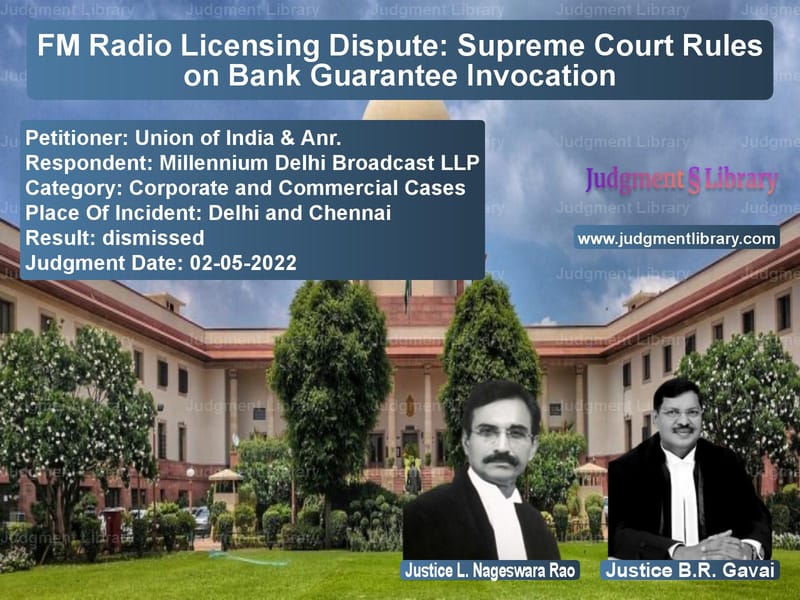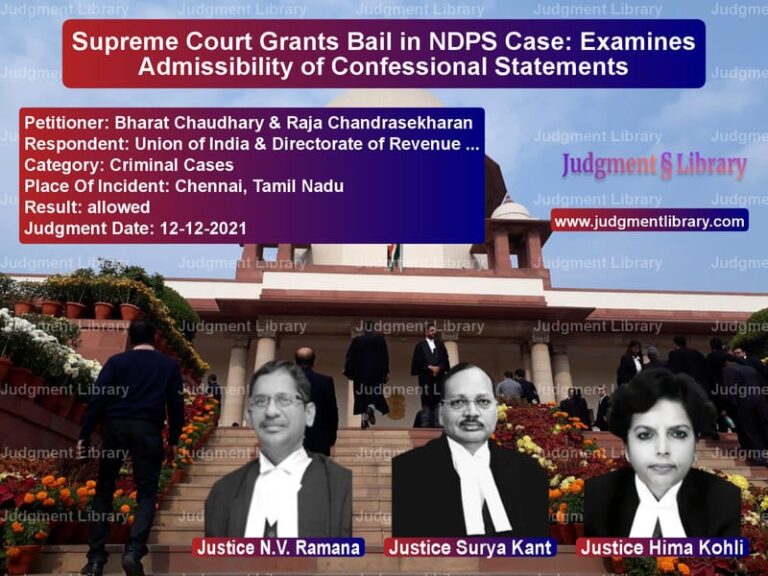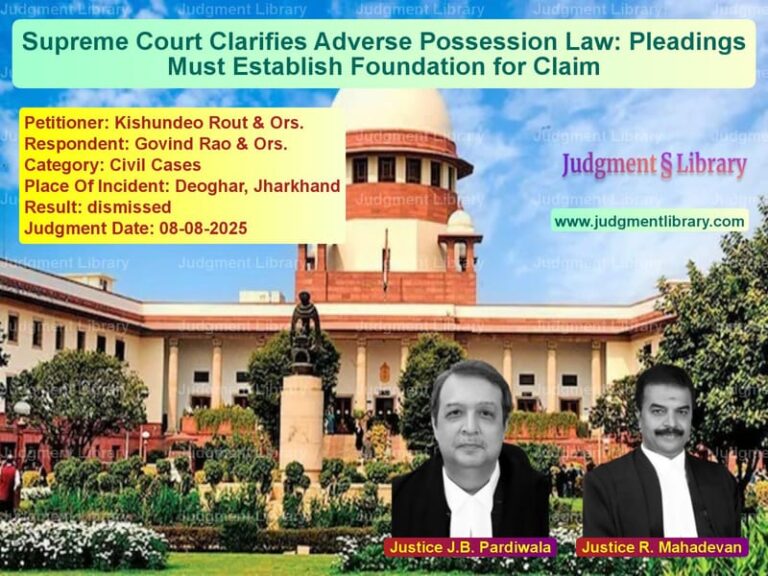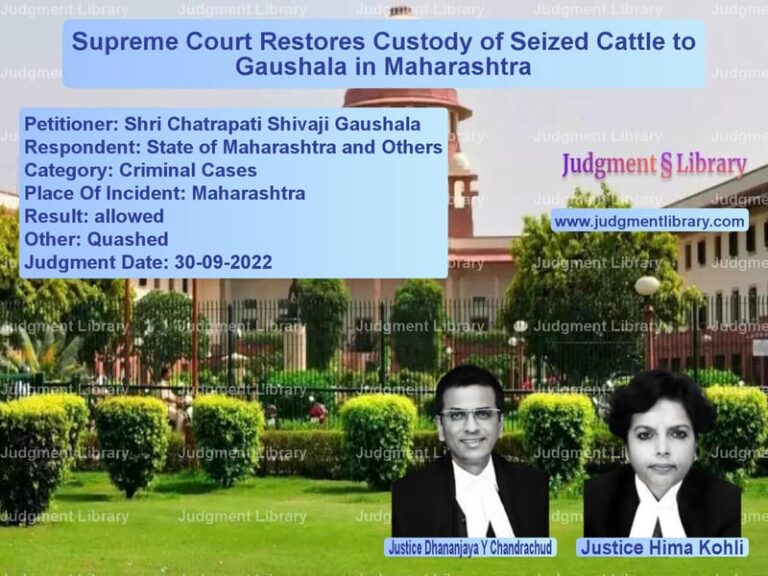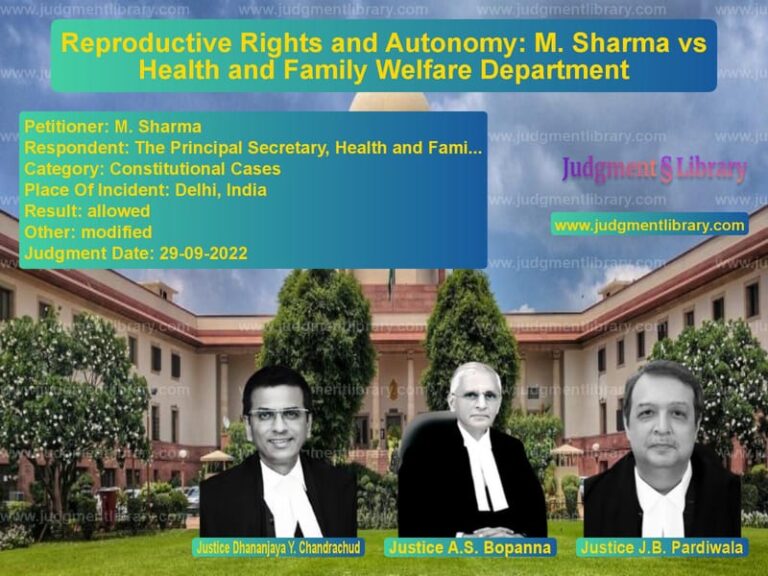FM Radio Licensing Dispute: Supreme Court Rules on Bank Guarantee Invocation
The Supreme Court of India recently ruled on a significant dispute between Union of India and Millennium Delhi Broadcast LLP concerning the invocation of a bank guarantee in an FM radio licensing agreement. The case, which had been pending since 2008, revolved around issues of contract performance, regulatory compliance, and financial obligations in the broadcasting sector. The court upheld the ruling of the Telecom Disputes Settlement and Appellate Tribunal (TDSAT), which had declared the government’s invocation of the bank guarantee illegal.
Background of the Case
In 1999, the Ministry of Information and Broadcasting issued a tender for licensing private FM broadcasting services in 40 cities across India. This initiative aimed to promote entertainment, education, and local information dissemination through commercial broadcasters. It also sought to supplement All India Radio (AIR) services and encourage private participation in expanding the broadcast network.
Millennium Delhi Broadcast LLP participated in the bidding process and was granted licenses to operate FM radio stations in Delhi and Chennai. According to the agreement signed on October 27, 2000, the company was required to pay a license fee annually and furnish a bank guarantee equivalent to the first year’s license fee. The operational license was subject to clearance from the Wireless Planning & Coordination (WPC) Wing of the Ministry of Communications.
Key Issues in the Dispute
- Whether the government was justified in invoking the bank guarantee.
- Whether Millennium Delhi Broadcast LLP had defaulted on its contractual obligations.
- The role of co-location infrastructure and unforeseen challenges faced by broadcasters.
- The interpretation of the agreement’s terms regarding the commencement of the license period.
Petitioners’ (Millennium Delhi Broadcast LLP) Arguments
The company argued that the invocation of the bank guarantee was arbitrary and unjustified. Their key points were:
- The delay in operationalizing the FM stations was due to factors beyond their control, including regulatory delays and high costs imposed due to the failure of other bidders to fulfill commitments.
- The agreement clearly stated that the license period would begin only after the issuance of the Wireless Operational License (WOL) by WPC, which had not happened.
- They had surrendered the license in August 2002, and therefore, the question of non-payment of the license fee did not arise.
- Several other broadcasters were granted leniency and time extensions by the government due to similar issues.
Respondents’ (Union of India) Counterarguments
The government contended that:
- Millennium Delhi Broadcast LLP had failed to commence operations within the prescribed timeframe.
- The agreement required the licensee to pay the license fee within seven days of the beginning of the license year.
- Even if the WOL had not been issued, the company was obligated to comply with its financial commitments.
- The invocation of the bank guarantee was a legitimate action taken in response to the company’s failure to meet contractual obligations.
Supreme Court’s Observations
The Supreme Court analyzed the contractual provisions and regulatory framework governing FM radio licensing. It held:
“Clause 9 of the tender document enables the appellant to encash the bank guarantee in case of failure on the part of the licensee to deposit the license fee within seven days of the beginning of each year or if the licensee stops the service without giving one year’s notice. The bank guarantee can also be invoked if the licensee is declared or applies for being declared insolvent or bankrupt. There is no dispute that the licensee did not commence its operations and therefore the second condition does not apply.”
Read also: https://judgmentlibrary.com/sebi-vs-pc-jeweller-supreme-court-overturns-insider-trading-charges/
However, the court noted that the primary condition for invoking the bank guarantee was the failure to deposit the license fee within seven days. Since the WOL had never been issued, the license period had not officially commenced. The court also emphasized that the agreement did not contain any provision for a ‘Deemed Operational License,’ which the government claimed as the basis for its action.
Final Judgment
The Supreme Court ruled in favor of Millennium Delhi Broadcast LLP and upheld the TDSAT decision. The key aspects of the ruling were:
- The invocation of the bank guarantee by the government was illegal and unjustified.
- The license period was supposed to start only after WOL issuance, which never occurred.
- The company’s inability to start operations was due to unforeseen circumstances, including regulatory delays and infrastructure challenges.
- The tribunal’s decision to return the bank guarantee to the petitioner was valid and legally sound.
Impact of the Judgment
This ruling has several significant implications:
- Clarity in FM Radio Licensing: The decision reinforces the principle that license terms must be strictly interpreted, and financial obligations must align with regulatory approvals.
- Protection for Private Broadcasters: The judgment serves as a precedent for private broadcasters facing regulatory hurdles, ensuring that they are not unfairly penalized.
- Government Accountability: The case highlights the importance of fair and transparent dealings in public-private partnerships, particularly in the broadcasting sector.
- Legal Interpretation of Bank Guarantees: The ruling clarifies that performance bank guarantees cannot be invoked arbitrarily and must align with the actual terms of the contract.
Overall, this verdict underscores the importance of due process in contractual agreements and provides a legal safeguard against arbitrary government actions in the broadcasting industry.
Petitioner Name: Union of India & Anr..Respondent Name: Millennium Delhi Broadcast LLP.Judgment By: Justice L. Nageswara Rao, Justice B.R. Gavai.Place Of Incident: Delhi and Chennai.Judgment Date: 02-05-2022.
Don’t miss out on the full details! Download the complete judgment in PDF format below and gain valuable insights instantly!
Download Judgment: union-of-india-&-anr-vs-millennium-delhi-bro-supreme-court-of-india-judgment-dated-02-05-2022.pdf
Directly Download Judgment: Directly download this Judgment
See all petitions in Contract Disputes
See all petitions in Corporate Compliance
See all petitions in unfair trade practices
See all petitions in Judgment by L. Nageswara Rao
See all petitions in Judgment by B R Gavai
See all petitions in dismissed
See all petitions in supreme court of India judgments May 2022
See all petitions in 2022 judgments
See all posts in Corporate and Commercial Cases Category
See all allowed petitions in Corporate and Commercial Cases Category
See all Dismissed petitions in Corporate and Commercial Cases Category
See all partially allowed petitions in Corporate and Commercial Cases Category

